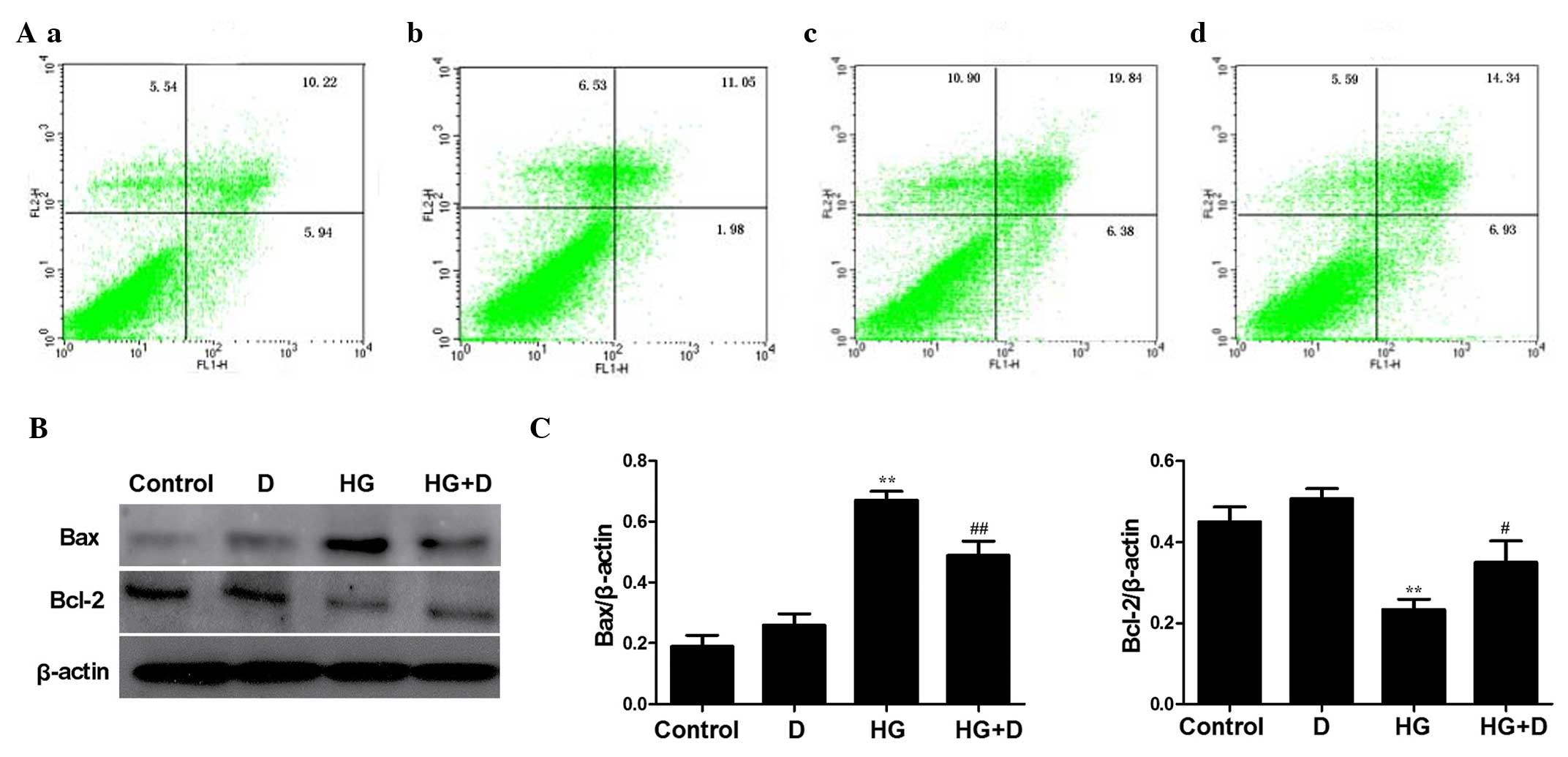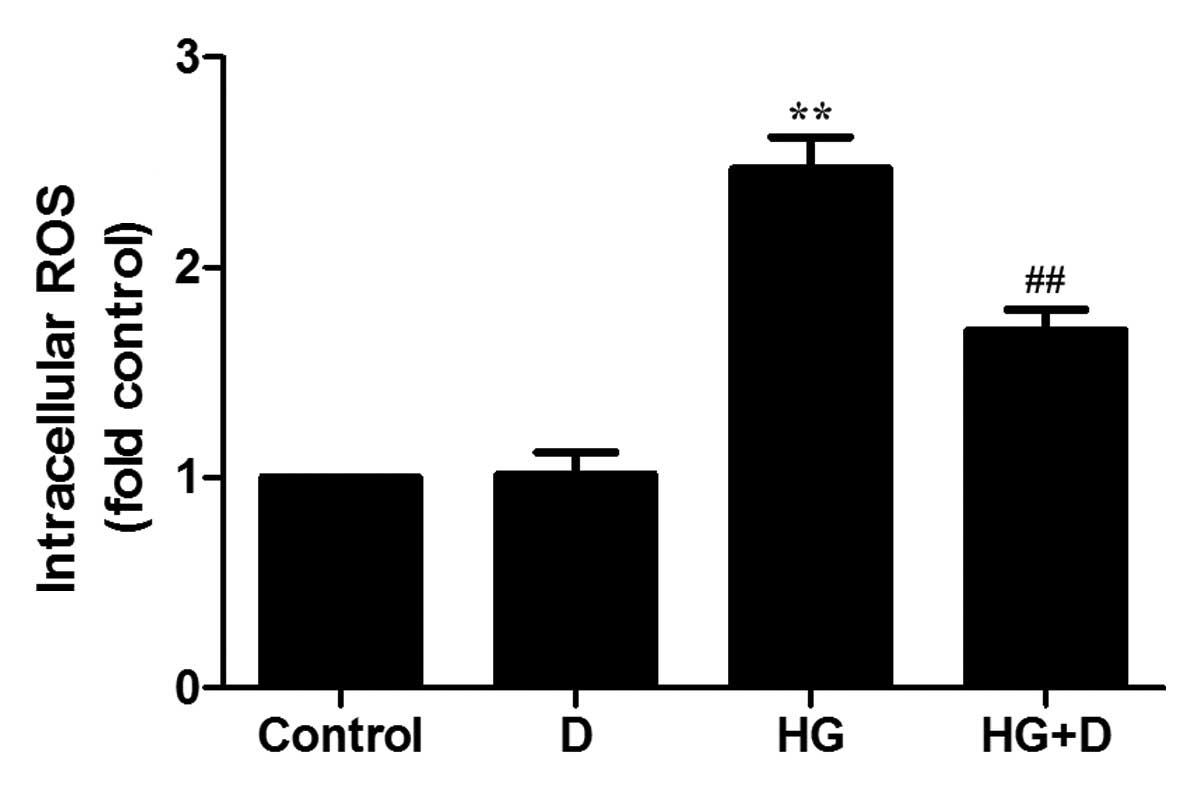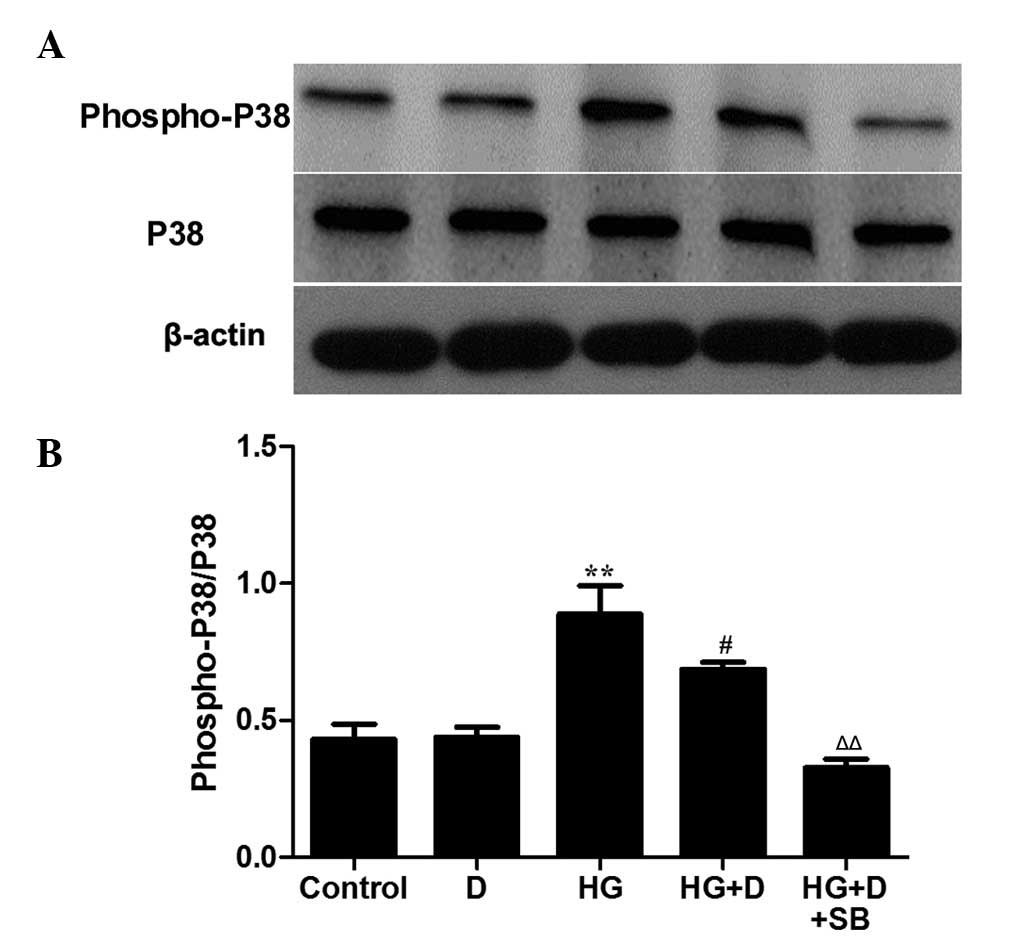|
1
|
Mortier S, De Vriese AS and Lameire N:
Recent concepts in the molecular biology of the peritoneal membrane
- implications for more biocompatible dialysis solutions. Blood
Purif. 21:14–23. 2003. View Article : Google Scholar : PubMed/NCBI
|
|
2
|
Ahmad M, Shah H, Pliakogiannis T and
Oreopoulos DG: Prevention of membrane damage in patient on
peritoneal dialysis with new peritoneal dialysis solutions. Int
Urol Nephrol. 39:299–312. 2007. View Article : Google Scholar
|
|
3
|
Ghibelli L and Diederich M: Multistep and
multitask Bax activation. Mitochondrion. 10:604–613. 2010.
View Article : Google Scholar : PubMed/NCBI
|
|
4
|
Ortiz A: Nephrology forum: Apoptotic
regulatory proteins in renal injury. Kidney Int. 58:467–485. 2000.
View Article : Google Scholar : PubMed/NCBI
|
|
5
|
Zhang X, Liang D, Guo B, Yang L, Wang L
and Ma J: Zinc inhibits high glucose-induced apoptosis in
peritoneal mesothelial cells. Biol Trace Elem Res. 150:424–432.
2012. View Article : Google Scholar : PubMed/NCBI
|
|
6
|
Zheng ZH, Ye RG, Bergström J and Lindholm
B: Effect of dialysate composition on the apoptosis and
proliferation of human peritoneal mesothelial cells and protein
expression of Fas and c-Myc. Adv Perit Dial. 16:31–35.
2000.PubMed/NCBI
|
|
7
|
Kaifu K, Kiyomoto H, Hitomi H, Matsubara
K, Hara T, Moriwaki K, Ihara G, Fujita Y, Sugasawa N, Nagata D, et
al: Insulin attenuates apoptosis induced by high glucose via the
PI3-kinase/Akt pathway in rat peritoneal mesothelial cells. Nephrol
Dial Transplant. 24:809–815. 2009. View Article : Google Scholar
|
|
8
|
Gocek E, Kiełbiński M, Wyłób P, Kutner A
and Marcinkowska E: Side-chain modified vitamin D analogs induce
rapid accumulation of VDR in the cell nuclei proportionately to
their differentiation-inducing potential. Steroids. 73:1359–1366.
2008. View Article : Google Scholar : PubMed/NCBI
|
|
9
|
Yang L, Wang J, Fan Y, Chen S, Wang L and
Ma J: Effect of 1,25(OH)2D3 on rat peritoneal
mesothelial cells treated with high glucose plus
lipopolysaccharide. Cell Immunol. 271:173–179. 2011. View Article : Google Scholar
|
|
10
|
Jain SK and Micinski D: Vitamin D
upregulates glutamate cysteine ligase and glutathione reductase,
and GSH formation, and decreases ROS and MCP-1 and IL-8 secretion
in high-glucose exposed U937 monocytes. Biochem Biophys Res Commun.
437:7–11. 2013. View Article : Google Scholar : PubMed/NCBI
|
|
11
|
Chiu CT and Chuang DM: Molecular actions
and therapeutic potential of lithium in preclinical and clinical
studies of CNS disorders. Pharmacol Ther. 128:281–304. 2010.
View Article : Google Scholar : PubMed/NCBI
|
|
12
|
Kim YH, Rane A, Lussier S and Andersen JK:
Lithium protects against oxidative stress-mediated cell death in
α-synuclein-overexpressing in vitro and in vivo models of
Parkinson's disease. J Neurosci Res. 89:1666–1675. 2011. View Article : Google Scholar : PubMed/NCBI
|
|
13
|
McCubrey JA, Lahair MM and Franklin RA:
Reactive oxygen species-induced activation of the MAP kinase
signaling pathways. Antioxid Redox Signal. 8:1775–1789. 2006.
View Article : Google Scholar : PubMed/NCBI
|
|
14
|
Kholodenko BN and Birtwistle MR:
Four-dimensional dynamics of MAPK information processing systems.
Wiley Interdiscip Rev Syst Biol Med. 1:28–44. 2009. View Article : Google Scholar
|
|
15
|
Jörres A and Witowski J: PD membrane:
Biological responses to different PD fluids. Contrib Nephrol.
150:48–53. 2006. View Article : Google Scholar : PubMed/NCBI
|
|
16
|
Zou MS, Yu J, Nie GM, He WS, Luo LM and Xu
HT: 1, 25-dihydroxyvitamin D3 decreases adriamycin-induced podocyte
apoptosis and loss. Int J Med Sci. 7:290–299. 2010. View Article : Google Scholar : PubMed/NCBI
|
|
17
|
Greene DA, Stevens MJ, Obrosova I and
Feldman EL: Glucose-induced oxidative stress and programmed cell
death in diabetic neuropathy. Eur J Pharmacol. 375:217–223. 1999.
View Article : Google Scholar : PubMed/NCBI
|
|
18
|
Lelkes E, Unsworth BR and Lelkes PI:
Reactive oxygen species, apoptosis and altered NGF-induced
signaling in PC12 pheochromocytoma cells cultured in elevated
glucose: An in vitro cellular model for diabetic neuropathy.
Neurotox Res. 3:189–203. 2001. View Article : Google Scholar
|
|
19
|
Lan N, Luo G, Yang X, Cheng Y, Zhang Y,
Wang X, Wang X, Xie T, Li G, Liu Z and Zhong N: 25-Hydroxyvitamin
d3-deficiency enhances oxidative stress and corticosteroid
resistance in severe asthma exacerbation. PLoS One. 9:e1115992014.
View Article : Google Scholar : PubMed/NCBI
|
|
20
|
Rehman S, Chandel N, Salhan D, Rai P,
Sharma B, Singh T, Husain M, Malhotra A and Singhal PC: Ethanol and
vitamin D receptor in T cell apoptosis. J Neuroimmune Pharmacol.
8:251–261. 2013. View Article : Google Scholar :
|
|
21
|
Raman M, Chen W and Cobb MH: Differential
regulation and properties of MAPKs. Oncogene. 26:3100–3112. 2007.
View Article : Google Scholar : PubMed/NCBI
|
|
22
|
Liu B, Jian Z, Li Q, Li K, Wang Z, Liu L,
Tang L, Yi X, Wang H, Li C and Gao T: Baicalein protects human
melanocytes from H2O2-induced apoptosis via
inhibiting mitochondria-dependent caspase activation and the p38
MAPK pathway. Free Radic Biol Med. 53:183–193. 2012. View Article : Google Scholar : PubMed/NCBI
|
|
23
|
Lee HJ, Noh YH, Lee DY, Kim YS, Kim KY,
Chung YH, Lee WB and Kim SS: Baicalein attenuates
6-hydroxydopamine-induced neurotoxicity in SH-SY5Y cells. Eur J
Cell Biol. 84:897–905. 2005. View Article : Google Scholar : PubMed/NCBI
|
|
24
|
Chen YC, Chow JM, Lin CW, Wu CY and Shen
SC: Baicalein inhibition of oxidative-stress-induced apoptosis via
modulation of ERKs activation and induction of HO-1 gene expression
in rat glioma cells C6. Toxicol Appl Pharmacol. 216:263–273. 2006.
View Article : Google Scholar : PubMed/NCBI
|
|
25
|
Lin HY, Shen SC, Lin CW, Yang LY and Chen
YC: Baicalein inhibition of hydrogen peroxide-induced apoptosis via
ROS-dependent heme oxygenase 1 gene expression. Biochim Biophys
Acta. 1773:1073–1086. 2007. View Article : Google Scholar : PubMed/NCBI
|
|
26
|
Nagai H, Noguchi T, Takeda K and Ichijo H:
Pathophysiological roles of ASK1-MAP kinase signaling pathways. J
Biochem Mol Biol. 40:1–6. 2007. View Article : Google Scholar : PubMed/NCBI
|
|
27
|
Chen HM, Hsu JH, Liou SF, Chen TJ, Chen
LY, Chiu CC and Yeh JL: Baicalein, an active component of
Scutellaria baicalensis Georgi, prevents
lysophosphatidylcholine-induced cardiac injury by reducing reactive
oxygen species production, calcium overload and apoptosis via MAPK
pathways. BMC Complement Altern Med. 14:2332014. View Article : Google Scholar : PubMed/NCBI
|



















